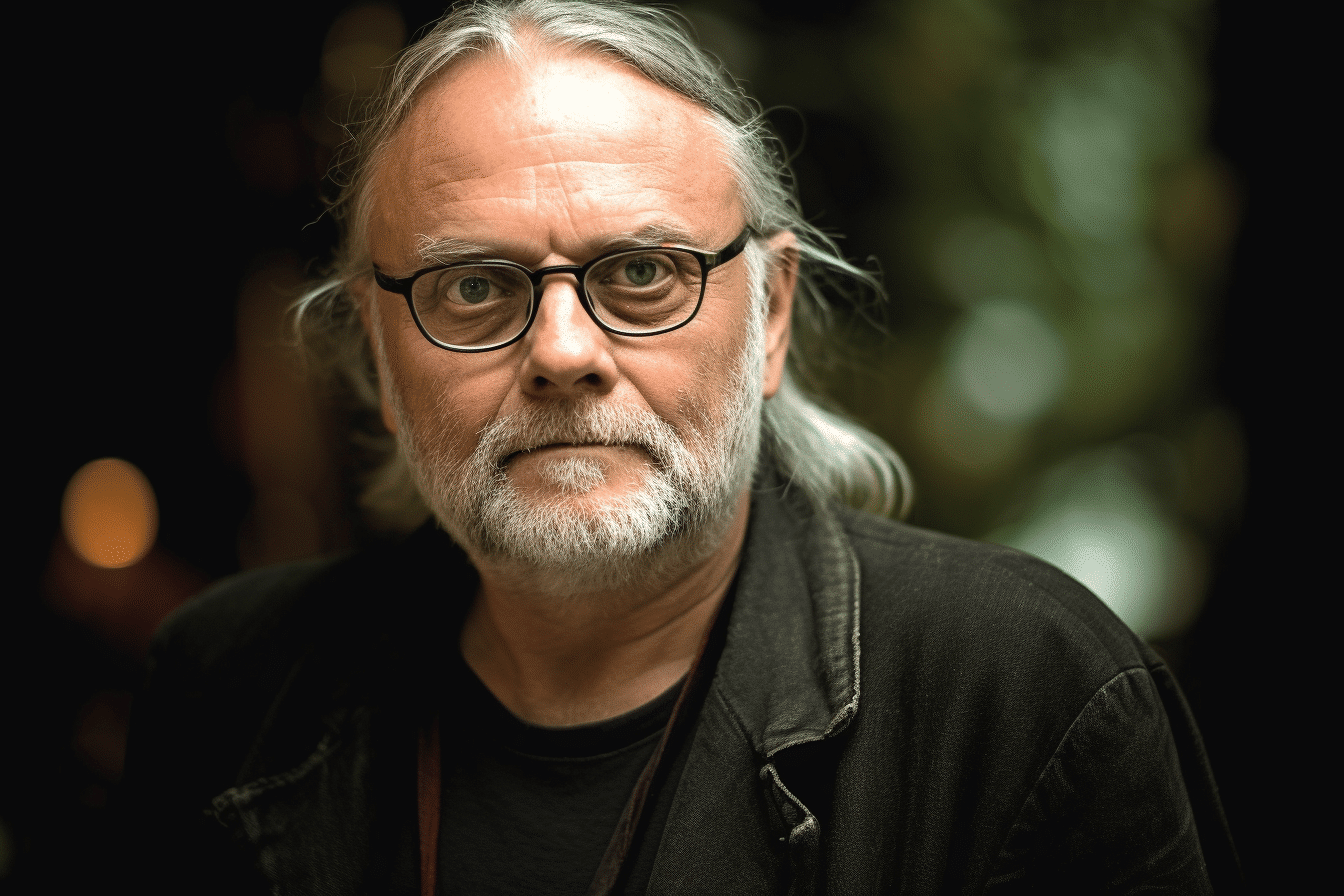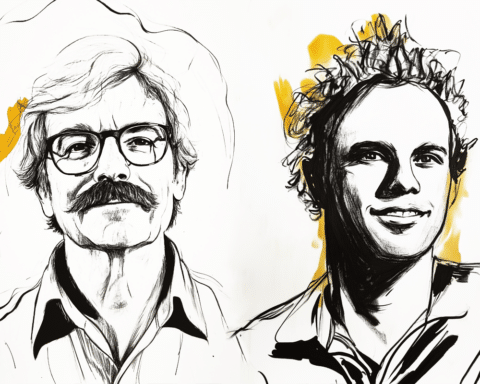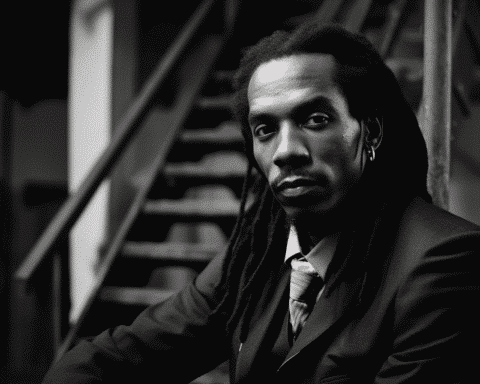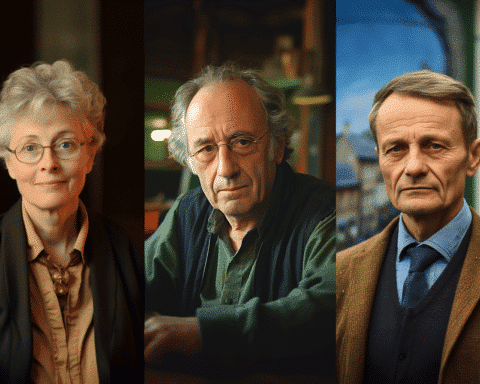The literary realm has yet again been astir with the recent announcement of the 2023 Nobel Prize in literature. Jon Fosse, an eminent figure in prose and plays, has been honoured with this prestigious accolade for his “innovative plays and prose which give voice to the unsayable,” declared by the Swedish Academy in Stockholm. Fosse’s genius, drawing from his Norwegian roots and flavoured with what the committee calls “Fosse minimalism,” echoes with the profound depths of human emotions. Through his vast work, Fosse weaves narratives that mirror our everyday lives, painting a vivid picture with minimal strokes.
Born 64 years ago on the rugged west coast of Norway, Fosse’s illustrious career boasts nearly 40 plays alongside a diverse range of novels, poetry, essays, children’s books, and translations. The committee has showered praise on his unique style, acknowledging how he “presents everyday situations that are instantly recognizable in our own lives.” Fosse captures powerful emotions like anxiety and powerlessness with unparalleled simplicity by radically reducing language and dramatic elements.
Central to his literary accomplishments stands “Septology,” a magnum opus divided into three books yet grouped as a singular volume. This work delves deep into the life of an aging painter wrestling with profound themes of religion, identity, art, and familial ties. With prose that flows almost musically, uninterrupted by the usual breaks of periods, Fosse embarks on a philosophical quest. Anders Olsson, chair of the Nobel Committee, said, “The work progresses seemingly endlessly and without sentence breaks but is formally held together by recurring themes and ritual gestures of prayer.”
Within “Septology,” Fosse explores the dichotomy of human nature through the character of Asle. The protagonist’s journey of finishing his painting is juxtaposed with another version of Asle, his counterpart, battling alcoholism. This introspective journey begs the question – how do our choices and paths shape who we become?
Olsson lauds “Septology” for its multifaceted narrative, describing it as a reconciliation with fate, an elegy, and a Kunstlerroman. While deeply rooted in his Norwegian heritage, Fosse’s work is tinged with the modernist influences of giants like Samuel Beckett and Georg Trakl. Yet, Fosse’s narratives stand distinct, characterized by warmth, humour, and a vulnerable portrayal of human experiences.
The honour bestowed upon Fosse also shines a light on Fitzcarraldo Editions, the London-based publisher. Established in 2014, this independent publisher has an uncanny knack for identifying literary gems, with Fosse being the fifth Nobel Prize-winning author under their banner.
However, amidst these celebrations, some criticisms persist. The choice of Fosse adds fuel to the ongoing debate that the committee has a propensity toward European authors. Furthermore, the gender disparity is palpable – out of 120 laureates in literature, a mere 17 have been women.
The conferment of the Nobel Prize on Jon Fosse is a testament to the enduring appeal of profound yet minimalistic storytelling. His ability to “give voice to the unsayable” has resonated with many, earning him a revered spot in the pantheon of literary greats. While his award is a moment of celebration, it also offers a moment of reflection on the broader landscape of academic recognition and the voices yet to be amplified.




